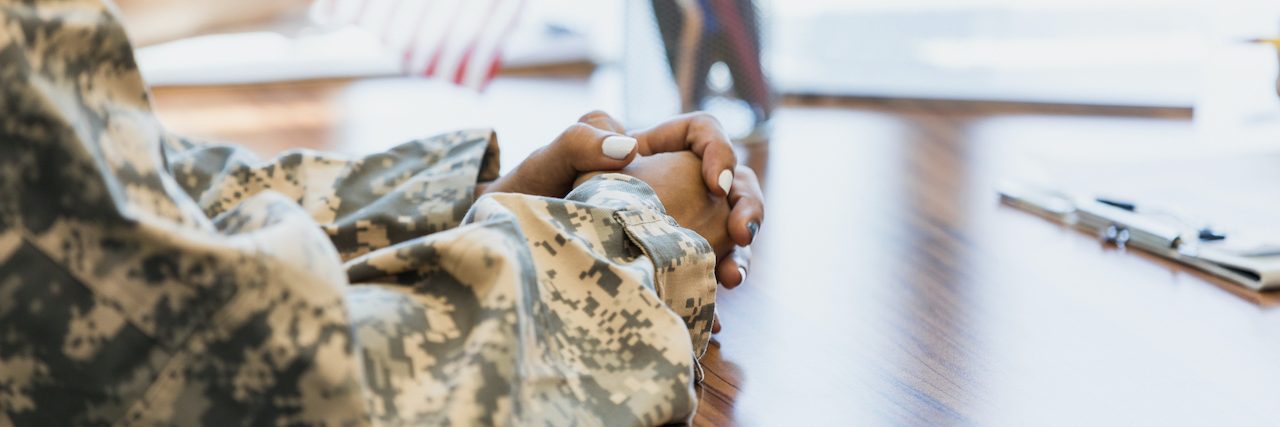One of my trauma triggers is the sound of gunfire.
For me, it stems from the sound of gunfire in places I had lived in during my childhood years, during moments of chaos and pain. For my best friend, her intense startle response stems from the man who assaulted her when she was a young woman holding a gun to her head and threatening to take her life if she screamed or fought. She still experiences an exaggerated startle response because a “stuck” part of her is still waiting for a gun to fire and her life to end.
Yes, these experiences were decades ago, and this is now. Today we’re learning to appropriately process our trauma triggers.
Sound and PTSD Triggers
After serving in the 2004 Indonesian tsunami and experiencing numerous earthquakes and aftershocks, my best friend’s daughter returned home with post-traumatic stress disorder (PTSD). She still triggers at the sound of a passing semi-truck or a dryer on the spin cycle.
During a violent sexual assault, a gun was held to my friend’s head. She jumps at the sound of her cell phone ringing or a door closing.
For just a moment, imagine the horror of 4th of July fireworks for veterans who served in combat. The celebration that we consider to be our most patriotic is often a PTSD trigger for some of those who have served. We’ve worked with many different organizations over the years, among them veterans/military organizations. We’ve heard them as they’ve told their stories of what should have been a simple July 4th picnic turning into a war zone in their minds in a matter of seconds triggered by the sound/explosions of fireworks.
Please, if you know a veteran who served in combat:
– Understand that fireworks and other loud noises can produce anxiety and flashbacks.
– They cannot decide to “get over” what they feel.
– Understand that triggers cause the individual to re-experience their traumatic event, rather than have a memory of it.
– Be prepared for an increase in nightmares, hypervigilance, anxiety, and other symptoms around the 4th of July.
– If you’re a family member or friend, encourage your brave loved one to seek PTSD treatment as well as pursue some sort of traditional talk therapy/non-traditional modalities with a knowledgeable PTSD/Trauma Coach/Consultant, therapist, counselor, etc… about any triggers related to holidays or special events.
– Find a support group that can help you understand PTSD and how it impacts families and loved ones.
The most powerful way that we can thank our veterans is to find effective ways to help them return to health and to enable them to support their families and live successful lives.
Understanding military PTSD is one important step in that direction.
For more resources, visit PTSDPerspectives.net.
Getty image by SDI Productions

